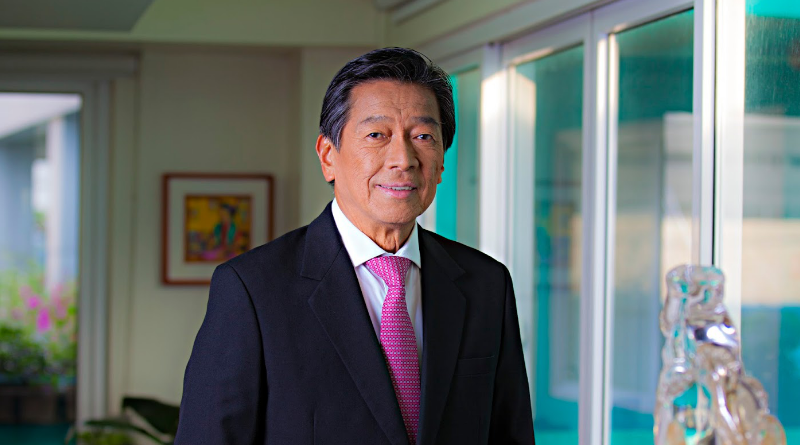Alfredo Yao has become one of the most admired businessmen in the Philippines because of his humble beginnings.
From being a street vendor he is now dubbed as the “juice king” of the Philippines for his successful product Zest-O, which has become an all-time favorite juice drink among Filipino children, especially in the 90s.
“I started this business [Zest-O] with just 3,000 pesos and I’m not ashamed of that. If you want to know how poor I was, look for the 10 poorest people in a room, I was probably one of those 10. So, don’t lose hope,” he said to GoNegosyo.

Yao started helping his family at the age of 12 as a sidewalk vendor after his father died.
He shared in a media interview that being street-smart is an important aspect of any business. That’s why he’s thankful to have experienced the grassroots. As for his knowledge in numbers and taking risks, he revealed that he learned it all from mahjong sessions of his uncle.
Due to frequent financial problems before, Yao was not able to finish his college. But with his determination to make ends meet for his family, he worked in various factories in Manila where he learned about the process of printing cellophane wrappers for candies.
It was in 1979 when the packaging technology called Doypack, wrappers for beverages made of aluminum, changed how ready-to-drink juices abroad were packed because the material used could make it stand.
Yao first thought of bringing the technology to the Philippines to sell it to juice companies. However, none of them believed that this packaging would sell like hotcakes.
Since he already purchased a machine, he decided to use it for his own juice business instead, not knowing about the success that might lie ahead.
He sought the help of his friend from the University of Santo Tomas, Mon Dellosa, to come up with an orange juice concoction. And this was when it all started and the rest was history.
“Zest means the citrus peel in French and then he added an O to make the sound more rounded. It was meant to be pronounced Zest-O, but for Filipinos it became Zes-to,” he told Phil Star.
Yao’s story tells us that our unrelenting passion to make or create something out of nothing will give us success.



